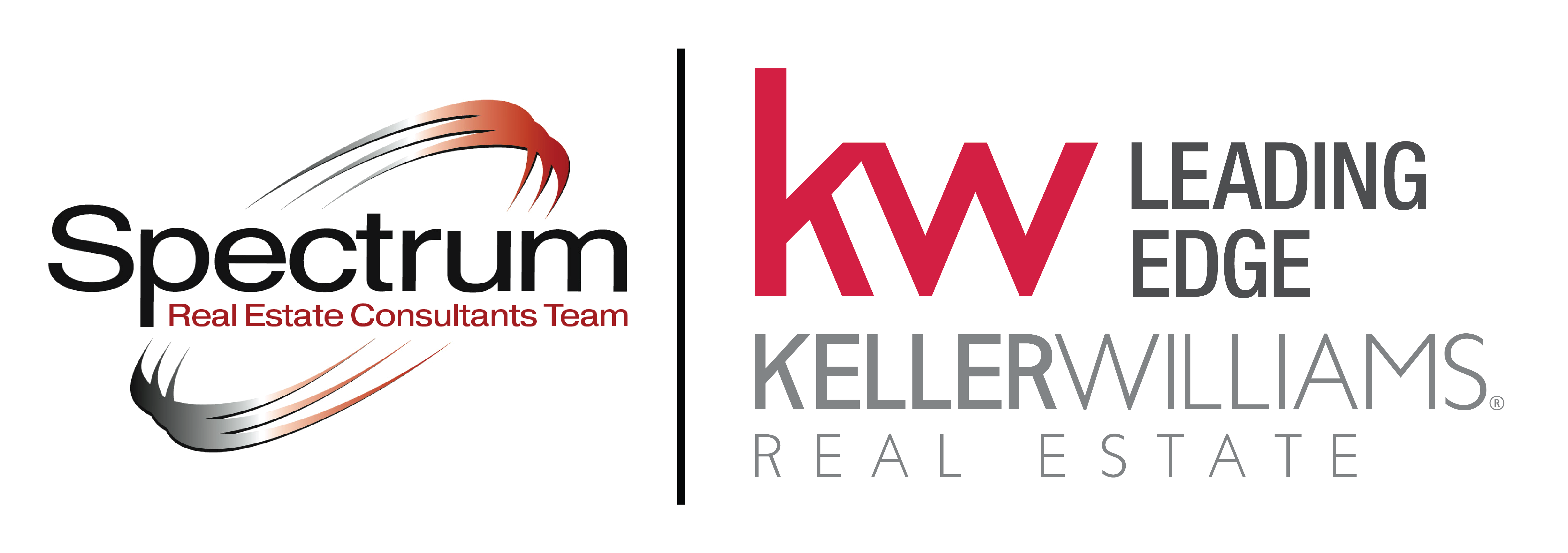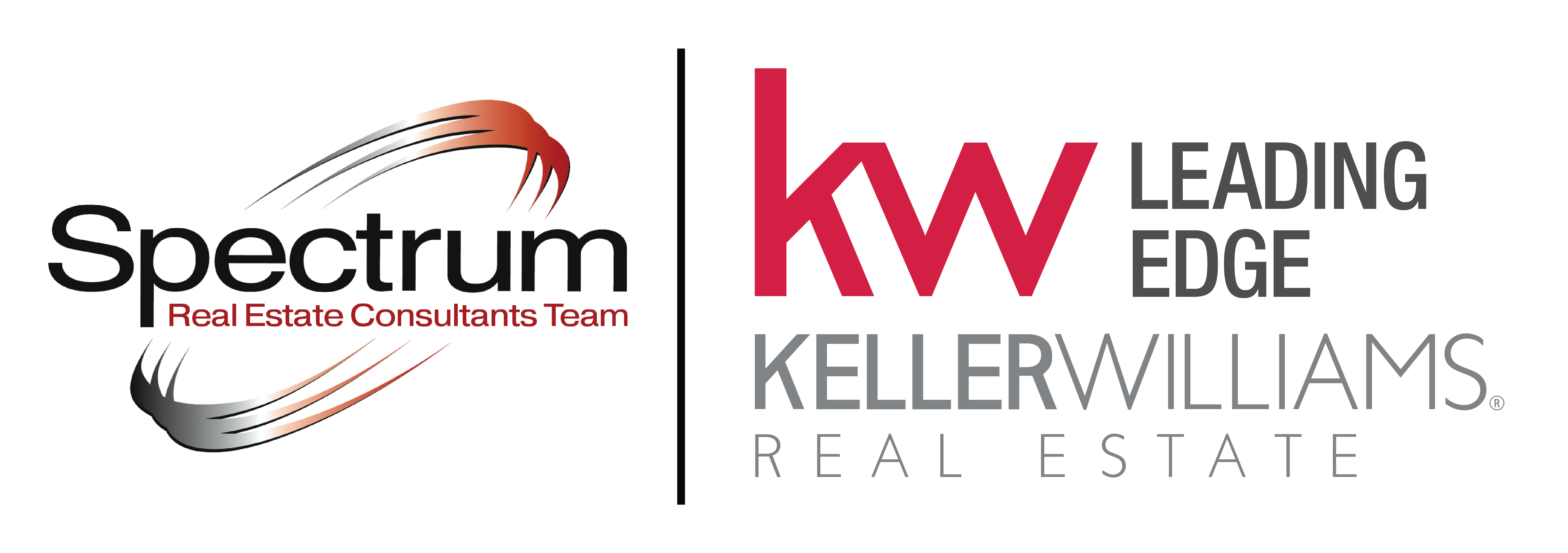Don’t Upgrade Your Home Yet—Offer Options in Southern New England
Thinking about selling your home?
Get in touch. We'll guide you through every step of the process to ensure a smooth transaction that meets your goals.
buy a house in RI, sell a house in RI, Rhode Island real estate, homes for sale Rhode Island, RI home buyers, RI home sellers, buy property Rhode Island, sell property RI, Rhode Island housing market, real estate agents Rhode Island, realtors in RI, home buying Rhode Island, home selling RI, first time home buyers Rhode Island, selling your home RI, buying your first home Rhode Island, Rhode Island real estate market, residential real estate RI, houses for sale RI, condos for sale Rhode Island, single family homes Rhode Island, multi family homes for sale RI, investment properties Rhode Island, luxury homes Rhode Island, waterfront homes for sale RI, Providence homes for sale, Warwick real estate, Cranston homes for sale, Newport properties, Pawtucket real estate, Woonsocket homes for sale, East Providence properties, Cumberland real estate RI, North Providence homes, South Kingstown real estate, Narragansett homes for sale, Bristol RI real estate, Barrington homes for sale, Smithfield properties, Lincoln RI homes, Johnston real estate, Coventry homes for sale RI, West Warwick properties, North Kingstown real estate, Exeter RI homes, Richmond properties Rhode Island, Charlestown real estate, Westerly homes for sale, Middletown RI properties, Portsmouth real estate, Tiverton homes for sale, Little Compton properties, Jamestown real estate RI, Burrillville homes for sale, Scituate RI real estate, Foster properties, Glocester homes Rhode Island, how to buy a house in Rhode Island, how to sell a house in RI, best time to buy a house Rhode Island, best time to sell a house RI, home prices Rhode Island, Rhode Island home values, home valuation RI, what is my home worth Rhode Island, sell my house fast RI, buy a home with no money down Rhode Island, FHA loans Rhode Island, VA loans RI, conventional mortgages Rhode Island, first time buyer programs RI, down payment assistance Rhode Island, closing costs Rhode Island, home inspection RI, home appraisal Rhode Island, mortgage pre-approval RI, real estate closing Rhode Island, seller's market RI, buyer's market Rhode Island, competitive offers Rhode Island, multiple offers RI, bidding wars Rhode Island, negotiating home price RI, home staging Rhode Island, professional photography real estate RI, virtual tours homes Rhode Island, open houses RI, private showings Rhode Island, new construction homes RI, historic homes Rhode Island, colonial homes for sale RI, Victorian homes Rhode Island, Cape Cod style homes RI, ranch homes Rhode Island, contemporary homes RI, beach houses Rhode Island, ocean view properties RI, Bay view homes Rhode Island, waterfront estates RI, downtown living Providence, suburban homes Rhode Island, family neighborhoods RI, top school districts Rhode Island, homes near beaches RI, golf course properties Rhode Island, equestrian properties RI, farmland for sale Rhode Island, acreage properties RI, lots and land Rhode Island, buildable lots RI, teardown properties Rhode Island, fixer upper homes RI, move-in ready homes Rhode Island, recently renovated homes RI, updated kitchens Rhode Island homes, finished basements RI homes, home offices Rhode Island, pool homes for sale RI, garage parking Rhode Island homes, large yard properties RI, private setting homes Rhode Island, cul-de-sac homes RI, walkable neighborhoods Rhode Island, commuter friendly homes RI, highway access properties Rhode Island, public transportation homes RI, Providence real estate market trends, Rhode Island housing forecast, RI home appreciation rates, property taxes Rhode Island, homeowners insurance RI, HOA fees Rhode Island, condo fees RI, selling costs Rhode Island, buyer closing costs RI, real estate commission Rhode Island, listing agreement RI, buyer representation Rhode Island, dual agency RI, exclusive buyer agent Rhode Island, seller's agent RI, real estate attorney Rhode Island, title company RI, home warranty Rhode Island, property disclosure RI, lead paint disclosure Rhode Island, radon testing RI, septic inspection Rhode Island, well water testing RI, flood zone properties Rhode Island, coastal properties CRMC approval, historic district homes Rhode Island, zoning regulations RI, building permits Rhode Island, home additions RI regulations, ADU regulations Rhode Island, short sale homes RI, foreclosures Rhode Island, bank owned properties RI, estate sales homes Rhode Island, probate properties RI, divorce home sales Rhode Island, relocating to Rhode Island, moving to RI, leaving Rhode Island, downsizing homes RI, upsizing properties Rhode Island, retirement homes RI, 55+ communities Rhode Island, active adult communities RI, luxury condominiums Providence, downtown lofts Rhode Island, waterfront condos RI, townhomes for sale Rhode Island, duplex properties RI, triplex homes Rhode Island, four family homes RI, income producing properties Rhode Island, Airbnb properties RI, vacation rental homes Rhode Island, second homes RI, summer homes Rhode Island, investment opportunities RI real estate, house flipping Rhode Island, buy and hold properties RI, cash flow properties Rhode Island, rental income properties RI, 1031 exchange properties Rhode Island



